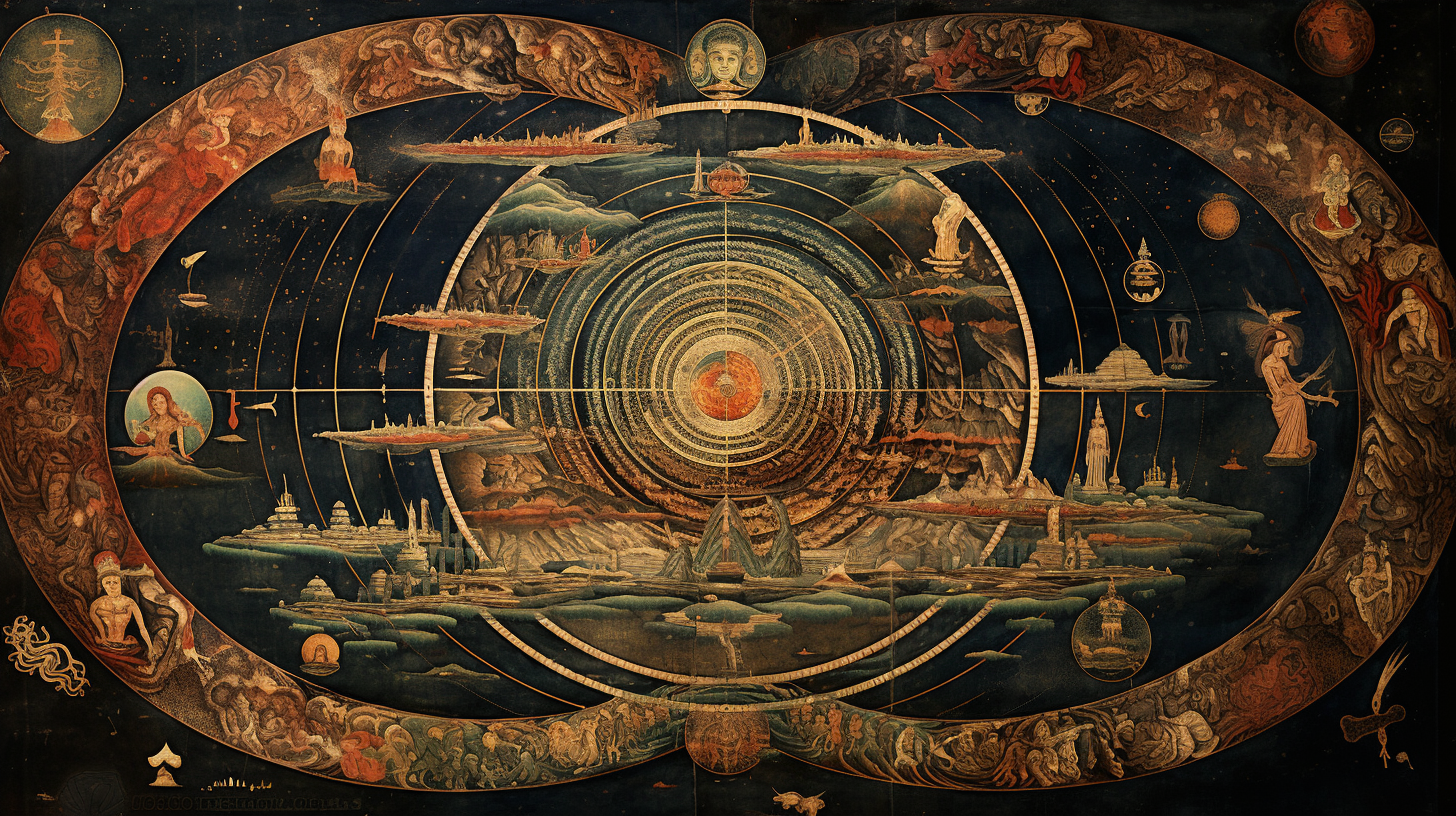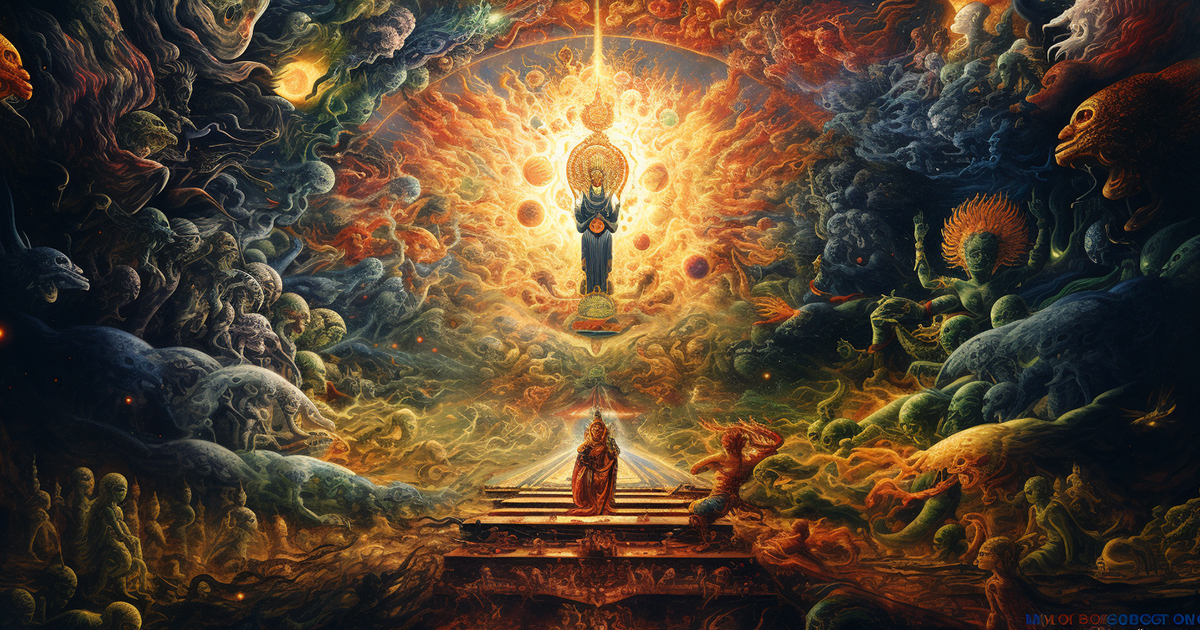Reincarnation remains a fascinating concept that resonates with people globally, captivating over 1.5 billion individuals who find solace in the cyclic essence of existence. While many link reincarnation with Eastern ideologies, the enduring belief in rebirth within the Kabbalistic faction of Judaism surprises some. Episode 13 of Season 12 of Ancient Aliens on the History Channel delves into the juxtaposition of Tibetan and Kabbalistic customs concerning reincarnation, offering profound insights into life, the cosmos, and everything in between.
The Wheel of Opportunities
In contrast to faiths advocating for a single shot at life, Tibetan Buddhism and Kabbalistic doctrines emphasize the prospect of numerous lifetimes to refine one’s being. Reincarnation is not a one-off occurrence but an ongoing expedition of the soul. While Tibetan Buddhists strongly embrace rebirth, Kabbalistic Judaism regards reincarnation as a fundamental belief.
As per these traditions, souls embark on a succession of lives to gather wisdom, progress, and develop. Each life presents a distinct lesson, enabling the essence of the soul to evolve. This perception of reincarnation starkly contrasts with doctrines in certain religions, where the afterlife implies a definitive outcome based on earthly deeds such as Heaven or Hell.

Historical Perspectives on Reincarnation
The concept of reincarnation was not confined to Eastern and Kabbalistic faiths. In the early days of Christianity, the notion of the soul’s preexistence and rebirth held significant importance. However, in 553 AD, Roman Emperor Justinian the Great labeled this belief as heretical, resulting in its exclusion from Christian teachings. The shift towards a dualistic afterlife transformed Christian theology, highlighting Heaven or Hell as the ultimate destinies.
Ancient Greek philosophers like Socrates, Pythagoras, and Plato contemplated reincarnation, with Plato displaying confidence in the prospect of multiple lifetimes through his dialogues.
Reincarnation Transcending Earthly Realms
Some belief systems propose that reincarnation surpasses earthly confines, suggesting that certain souls may inhabit multiple bodies concurrently, each fulfilling a unique purpose. This theory offers a thought-provoking outlook on the growing population of Earth.
Moreover, the concept extends beyond Earth, theorizing that extraterrestrial beings might also undergo reincarnation throughout the vast universe. This notion challenges our comprehension of life’s cosmic significance, unveiling intriguing possibilities.
An Elaborate Cosmic Design?
The notion of souls reincarnating for a grand universal purpose triggers reflection. Both ancient and modern cultures entertain this concept, indicating that reincarnated souls are part of a cosmic design that transcends Earth.
Anecdotes of individuals claiming to have been reincarnated with specific missions for humanity fuel this speculation, prompting us to view reincarnation as a component of a broader cosmic narrative that we are just scratching the surface of.
As we navigate through the varied beliefs surrounding reincarnation in Ancient Aliens, we are left with more questions than answers. The intertwined beliefs of reincarnation in Tibetan and Kabbalistic traditions challenge us to expand our perspectives and explore the mysterious universe of life. It acts as a gentle push, reminding us that our journey may hold deeper, interconnected meanings beyond our current understanding.
Watch the Video:
Closing Reflections
Ancient Aliens’ scrutiny of Tibetan and Kabbalistic perspectives on reincarnation unfolds a realm enriched with diverse beliefs and possibilities. It encourages us to embrace the mystique and awe of life’s eternal cycle, highlighting that the soul’s journey is profound and interconnected, possibly transcending beyond the boundaries of our world. Whether one subscribes to reincarnation or not, the notion continues to captivate human imagination across ages, inviting contemplation in the contemporary era.
